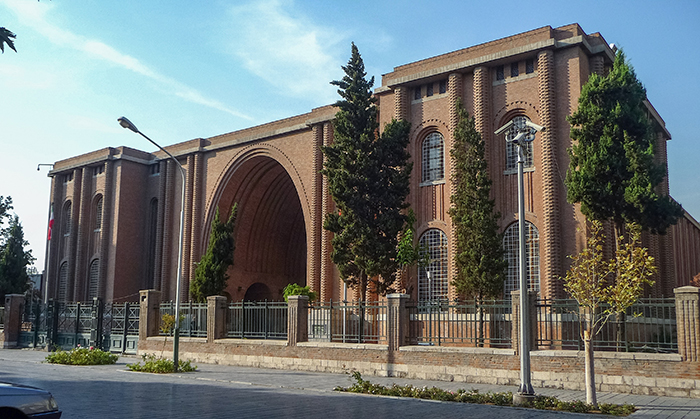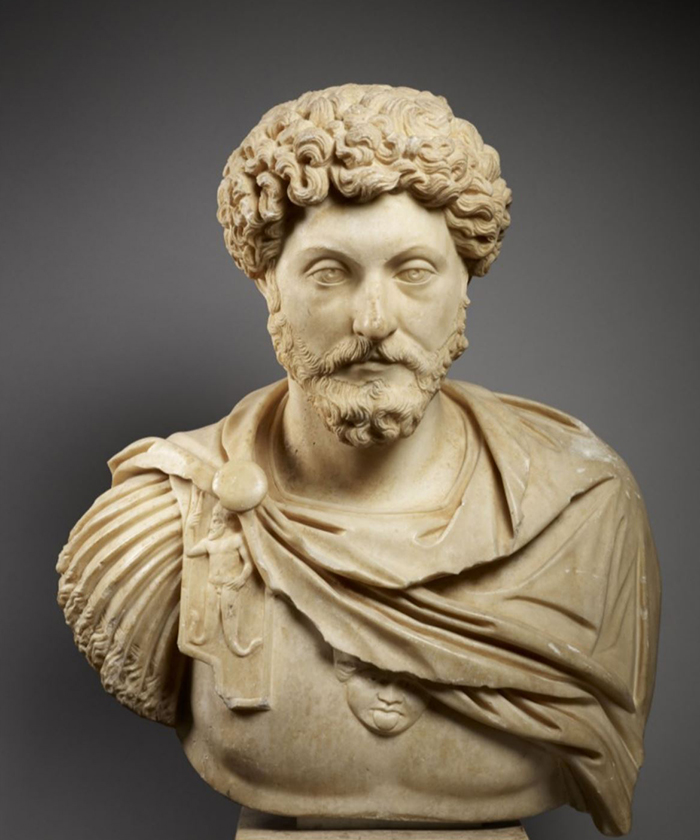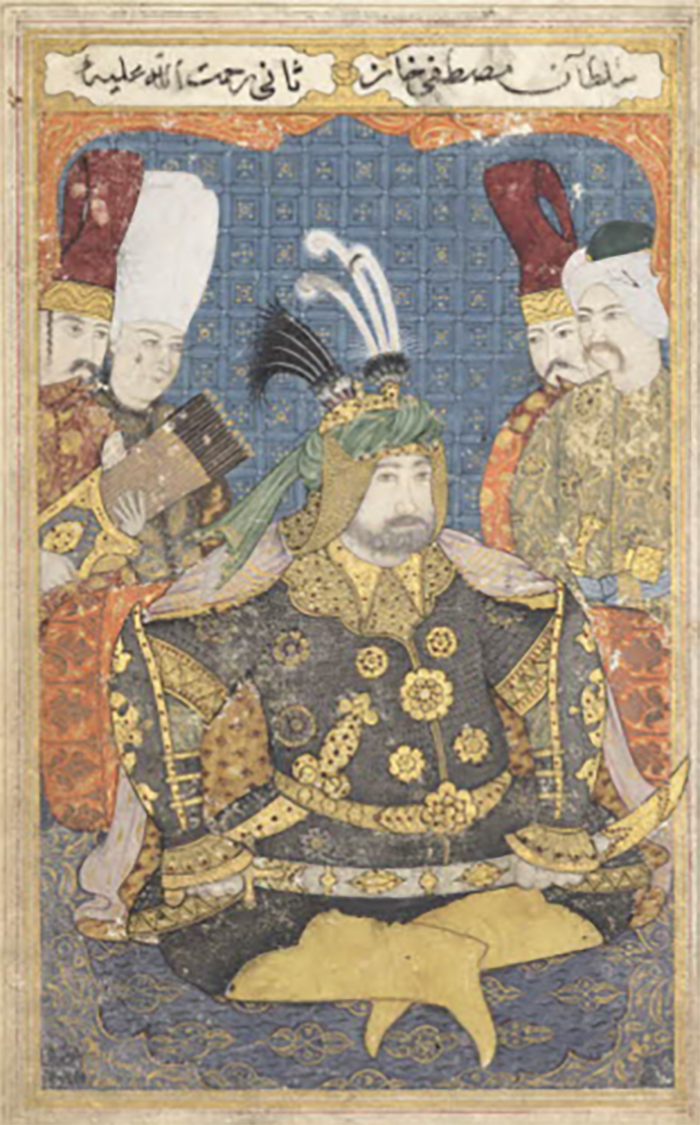 50 masterpieces from the Louvre museum in Iran
50 masterpieces from the Louvre museum in Iran Until 8 June, Iran's National Museum hosts the exhibition "The Louvre in Tehran". It is the very first time that a major Western museum packs up and ships to the Iranian public such a large collection of masterpieces. 53 major artworks of the collection of the iconic French museum travelled to Tehran for the event.

The Louvre, exported to Tehran

The masterpieces were carefully hand-picked. They include a 2,400 years old Egyptian sphinx, a bust of Roman emperor Marcus Aurelius, a portrait of Ottoman Sultan Mustafa II and a drawing from Rembrandt. Judith Hénon, one of the exhibition's curator, talks about the Louvre's approach: "The idea was to bring the Louvre to the Iranian people in some form, so we tried to chose a collection that best represent the Louvre as a whole". The selection of 53 artworks was decided in cooperation with the Louvre teams and the Iranian cultural authorities. The only restriction imposed by the Iranian censorship was on nudes and love scenes. The exhibition has been a complete success since its opening on march 5. While the museum usually registers 700 visitors per day, it now registers 2,000 per day.
A landmark project
The exhibition is the result of the policy of international action implemented by the Louvre to contribute to France's cultural reputation. Since its foundation, the museum works in close relation with countries from which its collections come. Today, this action must also take into account France's diplomatic priorities. In 2015, Yannick Lintz, director of the department of arts of Islam at the Louvre, obtained a visa for Iran. No less than 30 round trips between Paris and Tehran were necessary to design this landmark exhibition. The cooperation agreement was eventually concluded between the Louvre and the Iranian organisation in charge of museums and heritage in January 2016 during the official visit of Iranian president Hassan Rohani in France.
Culture as a political bridge
 The event shows the determination of France to improve historical relations with Iran. Cultural relations between the two countries broke in 2008, and artworks being lent again to Tehran show that cooperation picked up. The director of Iran's national museum couldn't be happier: "Today, we prove to those who want to isolate us that it's impossible. Iran now proved that it's working with the whole world". During the inauguration of the exhibition, Jean-Yves Le Drian, French minister of foreign affairs, also saluted the cooperation: "I can see the power of the cultural dialogue uniting France and Iran, and I believe in it. In the ocean, often stormy, of international relations, cultural diplomacy is a lighthouse that we ought to maintain".
The event shows the determination of France to improve historical relations with Iran. Cultural relations between the two countries broke in 2008, and artworks being lent again to Tehran show that cooperation picked up. The director of Iran's national museum couldn't be happier: "Today, we prove to those who want to isolate us that it's impossible. Iran now proved that it's working with the whole world". During the inauguration of the exhibition, Jean-Yves Le Drian, French minister of foreign affairs, also saluted the cooperation: "I can see the power of the cultural dialogue uniting France and Iran, and I believe in it. In the ocean, often stormy, of international relations, cultural diplomacy is a lighthouse that we ought to maintain".
While Iranian visitors can enjoy "The Louvre museum in Tehran" at Iran's National Museum, feel free to discover Iranian art: a major exhibition at the Louvre-Lens pays a tribute to the Qajar dynasty that ruled over Iran from 1796 to 1926. Until July 23, the exhibition "L'empire des roses" exhibits the Persian masterpieces from the 19th century.